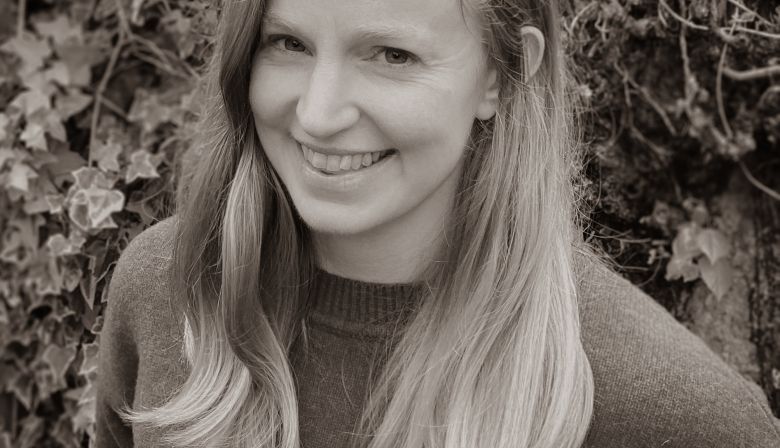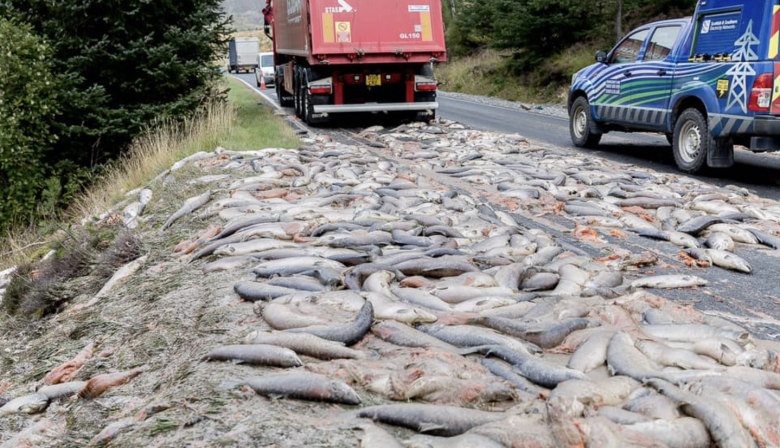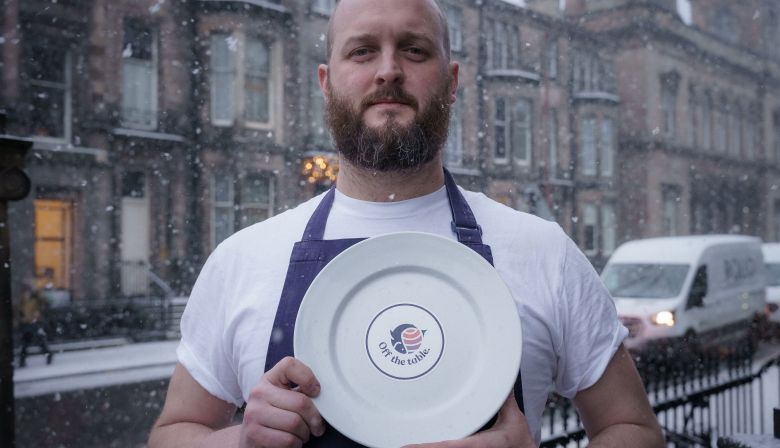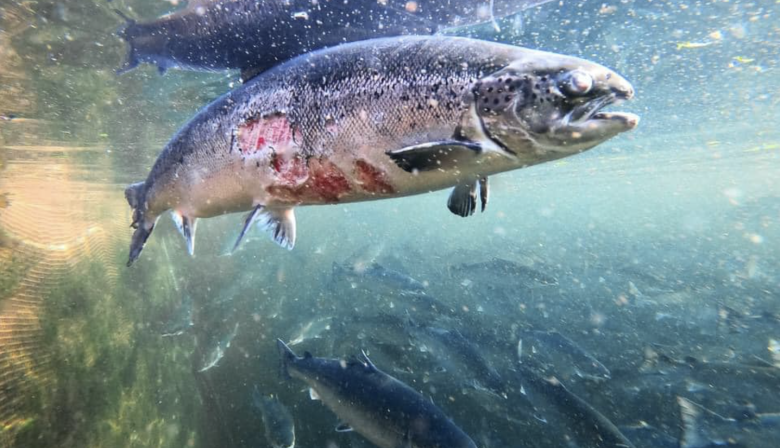ASF: Recognizing all these issues, what is the goal of your Off the Table campaign?
Rachel Mulrenan: This is a shift in direction for us as a charity. Until now we have been campaigning mostly towards the Scottish government. For example, in 2016, we had a petition which led to a Parliamentary inquiry into salmon farming in 2018, but nothing substantive came from that, so Off the Table represents a shift in direction. We’re looking more towards consumers and the public to create awareness that salmon farming is fundamentally unsustainable.
The campaign itself is focused on the hospitality sector. We’re calling on chefs and restaurants to take farmed salmon off their menu and help raise awareness of the environmental, sustainability, and welfare issues of the industry. We feel that there still isn’t a general awareness in the UK of what’s really occurring at the sites. We see farmed salmon still being marketed as a sustainable or environmentally friendly product which is fundamentally not true.
We recognize that real change will ultimately have to come from the Scottish government, but this is about building consumer awareness and it’s a recognition that we need to shift our focus for a bit.
ASF: When you’re asking chefs to take unsustainable aquaculture salmon off the menu, are you advocating for an alternative seafood product, or asking people to choose something else?
Rachel Mulrenan: We are aware that there is no one size fits all solution, so our campaign recommendations are to eat less salmon, to eat lower trophic level fish, and to explore alternatives like closed containment aquaculture, with the acknowledgement that there are sustainability issues in that industry too.
We’re really hoping that the chefs involved in the campaign will help us find the solution because chefs are nothing if not inventive. We’re not dictating one solution, but in our conversations with them we are encouraging them to try new things and be creative.
Farmed salmon is popular and has grown in popularity, but the cost of that popularity has not been apparent to consumers. I hope through our work we can break down some of the myths around unsustainably farmed salmon, so it isn’t such an appealing dish for consumers and diners.



